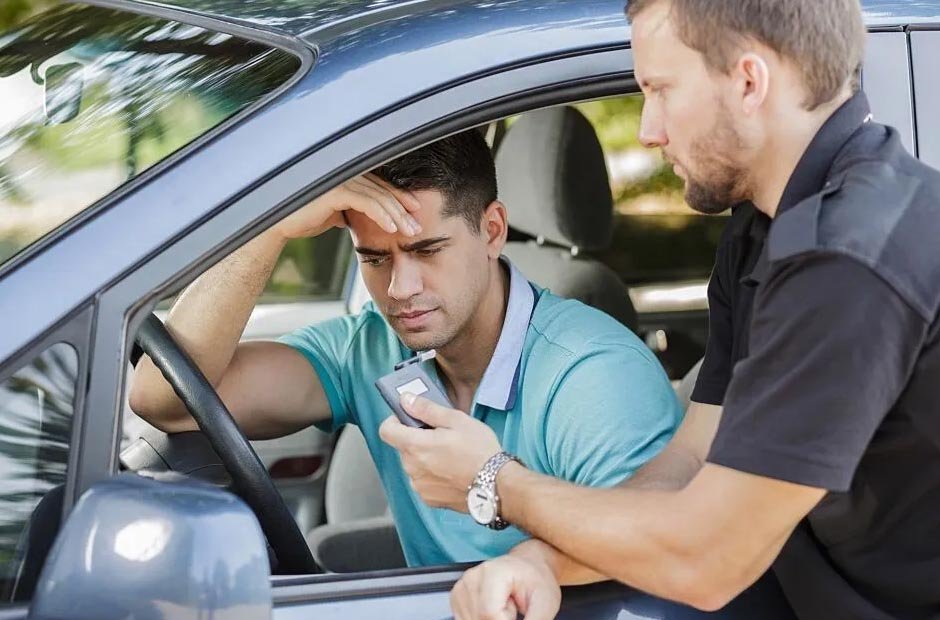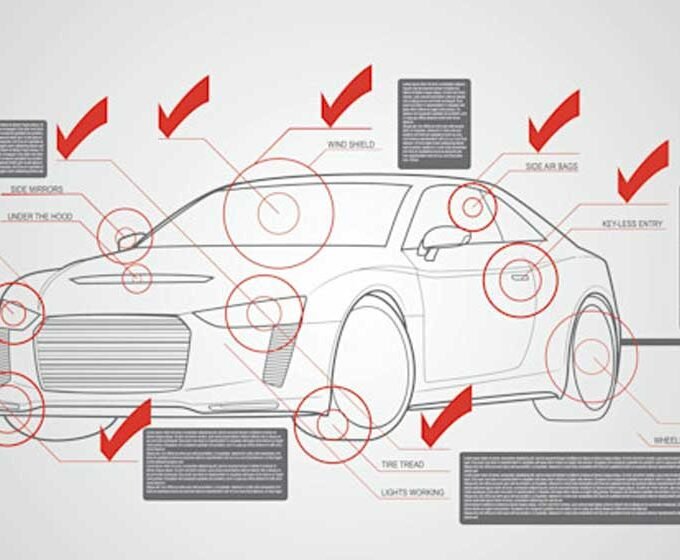Partying all night and returning home wasted is a normal weekend for people in the US. However, this norm becomes an issue when you drive home buzzed or drunk. The US law, on most conditions, states that it is legal to drive after drinking only if the blood alcohol concentration is below 0.8%.
But do you know how bad it can get if you don’t take it seriously? According to NHTSA, an estimated number of 37 people die in drunk-driving accidents in the USA. Those who want to avoid such fatalities would avoid driving whether they are buzzed or drunk.
However, for your information and future reference, you need to know that there is a difference between both in legal terms.
Buzzed Driving Vs. Drunk Driving – Know The Difference
If we talk about the legal terms, we can say that there is no difference in the two terms. We often use buzz interchangeably for drunk or vice-versa because they both mean being under the influence of alcohol.
However, in legal terms, both words have a clear difference that depends on the amount of alcohol consumed. On the surface, the distinction between “buzzed” and “drunk” driving seems clear. Buzz implies a mild afterglow, a touch of lightheadedness, while the other conjures images of slurred speech and staggering gaits.
But underneath this seemingly clear-cut divide lies a dangerous illusion: the notion that buzzed driving is somehow safer than drunk driving. This false dichotomy puts lives at risk by downplaying the inherent dangers of even minimal alcohol consumption behind the wheel.
The “Just Buzzed” have killed thousands of individuals throughout the history of the US. Even if the law permits, you can’t take a chance on the mere sobering truth of “Safe” Levels of Drunk Driving.” If you have had alcohol, there is a 99% chance you are not sober.
The Legal Difference Between Buzzed Driving and Drunk Driving
Legally defined, drunk driving refers to a blood alcohol concentration (BAC) of 0.08% or higher. While exceeding this limit undoubtedly amplifies impairment, the truth is that any amount of alcohol affects your driving ability. Understandably, even a BAC as low as 0.02% can impair critical skills like reaction time, coordination, and decision-making. These seemingly subtle changes can be devastating on the road, leading to:
- Slower reaction times – A delayed response to a brake light or a pedestrian stepping into the street can be the difference between a controlled stop and a tragic collision.
- Impaired judgment – Buzzed drivers are more likely to make risky decisions like speeding, weaving through traffic, or ignoring road signs.
- Reduced visual acuity – Alcohol affects depth perception and peripheral vision, increasing the risk of misjudging distances and hazards.
- Decreased coordination – Fine motor skills necessary for smooth steering and precise maneuverability are negatively impacted by alcohol, even at low levels.
The Subjective Difference Between Buzzed Driving and Drunk Driving
The term “buzzed” is subjective and unreliable as a gauge of impairment. Individual factors like weight, gender, and metabolism can dramatically alter how one person experiences the effects of alcohol compared to another.
Relying on self-assessment to determine safe driving is a gamble with potentially lethal consequences. Therefore, the argument that “buzzed driving is okay” is dangerously flawed.
Any alcohol consumption behind the wheel, regardless of the perceived level of intoxication, introduces a significant risk not only to the driver but also to everyone on the road. The legal limit of 0.08% serves as a minimum threshold, not a green light for safe driving and avoiding a DUI charge.
Final Thoughts
The responsible choice is always to never drink and drive, not even a little. There are no shortcuts to safety when it comes to operating a vehicle.
Designate a driver, call a cab, or plan alternative transportation. Your life and the lives of others depend on it. Remember, the only difference between “buzzed” and “drunk” driving is a potentially tragic degree of separation.
















